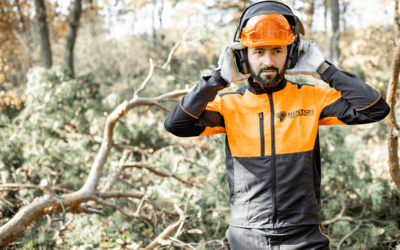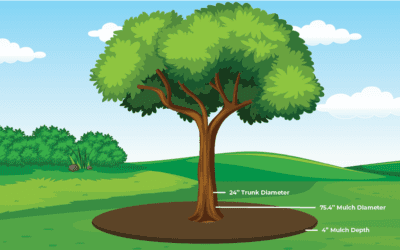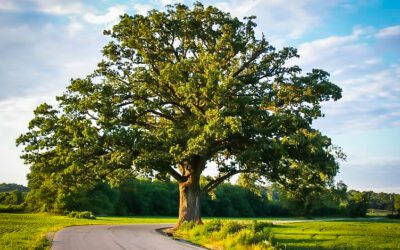Tree Care Tips
- Purchasing high-quality nursery stock is one of the very best ways to ensure quick and healthy tree growth. Purchasing low-quality nursery stock or settling for “less desirable” trees that are “leftover” at the end of the season may end up costing you money in pruning expense and disease treatment. Contact our Certified Arborists for a recommendation on quality tree species to plant in your area.
- Planting the “right tree in the right place” requires consideration of many factors before simply digging a hole and planting a tree. Consideration must be given to the mature height of the tree, the growth rate, proximity to existing buildings or potential construction, soil conditions (wet, dry, etc.), proximity to overhead power lines, etc. We can discuss the attributes of the trees you are considering and help you plant your trees to maximize future enjoyment .
- An inspection performed by one of our Certified Arborists of trees on property you’re considering purchasing is a cost effective alternative to finding out about problems with your trees after purchase. Winter is an excellent time to visually inspect your trees when leaves are not present to obstruct the view.
- Even high-quality trees can grow with a variety of natural defects and destructive tendencies. Pruning young trees and training their growth is an excellent way to mitigate future damage to trees caused by storms, etc. A little time spent properly pruning and training young trees will save time and money correcting problems in the future.
- Frost damage can be prevented if your tree’s leaves stay hydrated during a period of severe cold. Additionally, frequent watering and fertilization in anticipation of a cold spell can also “harden” the cells of certain plants.
- Borer insects can be difficult to eliminate. The best defense is simply maintaining your trees’ general health so they can bounce back if they develop an infestation. There are some treatments being developed in anticipation of the imminent Emerald Ash Borer infestation.
- Overwatering or poor drainage can cause root rot in your trees. Fungicides or manganese treatments can be effective as treatments or preventative measures.
- Never request that someone top your tree and never allow your tree to be topped if suggested by a tree care company.
- Involve a certified arborist early in the planning process to protect your valuable trees from construction damage.
- Repair storm damaged trees as soon as possible to expedite healing of your trees.
- Don’t plant your new trees too deep. Leave an inch or so of the root ball above ground level for proper drainage and always mulch newly planted trees to preserve moisture until they are established.
- Mulch newly planted trees but not too much. Never pile the mulch around a tree. This can create a “volcano” effect that can rot the bark at the base of the tree and allow insects or disease to enter. A proper mulch ring will resemble a doughnut with the tree coming up through the center.
- If you notice beetles or bagworms in your yard or landscape, contact us immediately for a treatment that will stop these pests.



